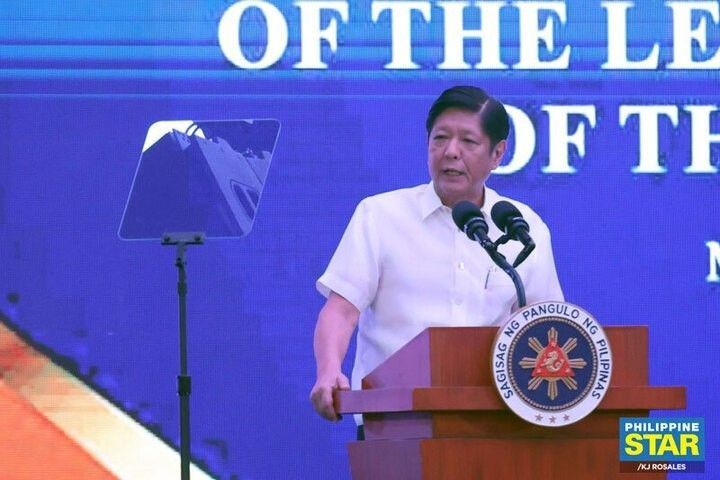Marcos Jr. backs nomad visa issuance to boost tourism

MANILA, Philippines — President Marcos has backed a proposal to issue nomad visas to attract long-term foreign visitors to the country.
A nomad visa allows the holder to live in the Philippines for a prolonged period while working remotely for an office or employer in another country.
During a meeting at Malacañang on Wednesday, members of the Private Sector Advisory Council for Tourism (PSAC-Tourism) urged the President to issue immediately an executive order to allow the issuance of nomad or remote work visas without tax incentives, which can be added once a related bill is passed.
“PBBM supports this interim solution and has directed the Office of the Executive Secretary to draft the EO for the initiative,” the PSAC-Tourism said in a statement yesterday.
“We need to issue nomad visas quickly to attract long-stay tourists,” said PSAC-Tourism member LT Group president and chief executive officer Lucio Tan III.
Tan said other countries such as Thailand, Malaysia and Indonesia are already benefiting from this approach.
A bill has been filed in the House of Representatives seeking to grant a 12-month visa to digital nomads or foreigners employed abroad but work remotely using digital technologies, which can be renewed for another 12 months.
Under House Bill 8165 or the proposed Digital Nomad Act authored by Surigao del Norte Rep. Francisco Jose Matugas II, a foreigner can get a digital nomad visa if he or she is at least 18 years old and can show proof of sufficient income generated outside the Philippines.
The digital nomad must also hold valid health insurance and no criminal record in his or her home country, among other requirements.
Meanwhile, at the same meeting, the President emphasized the role of the private sector in providing industry-specific training programs to equip Filipinos with the skills needed for tourism-related jobs.
“The private sector should guide us on the exact skills needed. Short courses enable people to get jobs quickly. Well-trained individuals are rapidly employed,” he said.
PSAC-Tourism member and Filinvest Development Corp. president and CEO Joji Gotianun Yap noted that 80 percent of the tourism workforce holds certifications from the Technical Education and Skills Development Authority (TESDA).
“We should build on this by further increasing these certifications, with the private sector identifying the specific skills required,” she said.
Commission on Higher Education Chairman Prospero de Vera III, who also attended the meeting, said several institutions are offering four-year degrees in tourism and hospitality management in the country.
“By allowing top schools to run these programs, we ensure quality and meet current needs. TESDA certifications can now be credited towards these degrees, providing students with a flexible pathway,” De Vera said.
The Philippines recorded 5.45 million international tourist arrivals last year, surpassing the government’s target of 4.8 million tourist arrivals for 2023.
- Latest
- Trending































